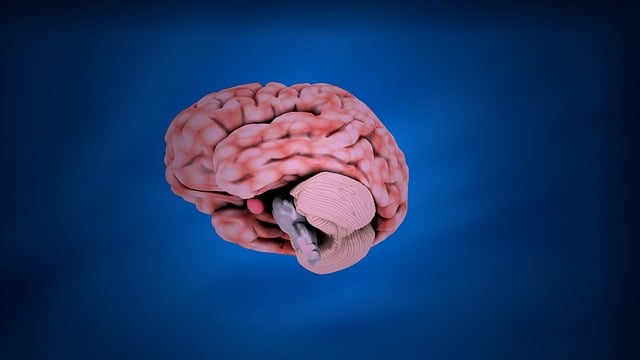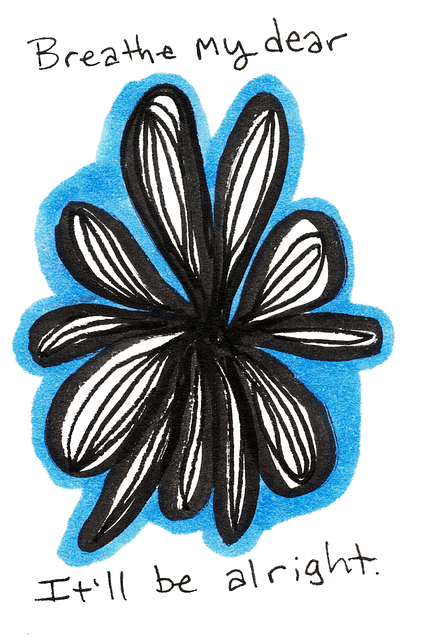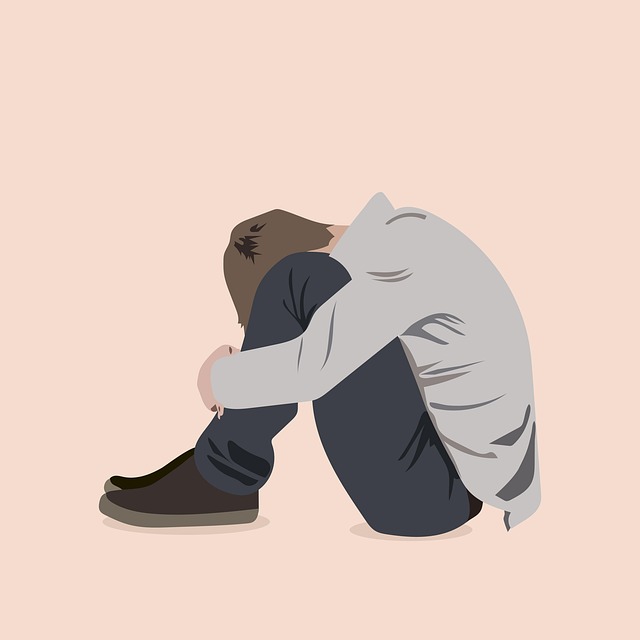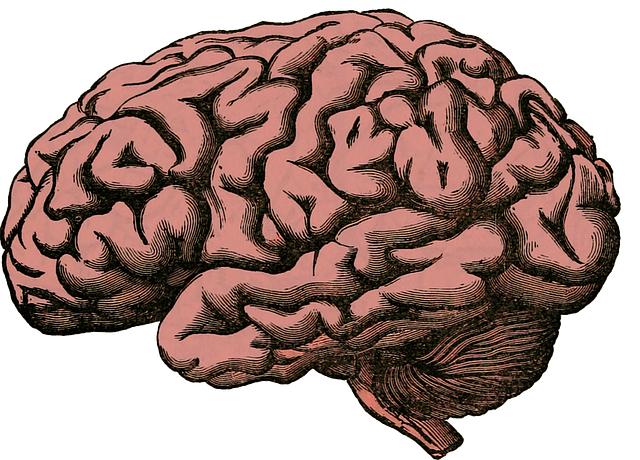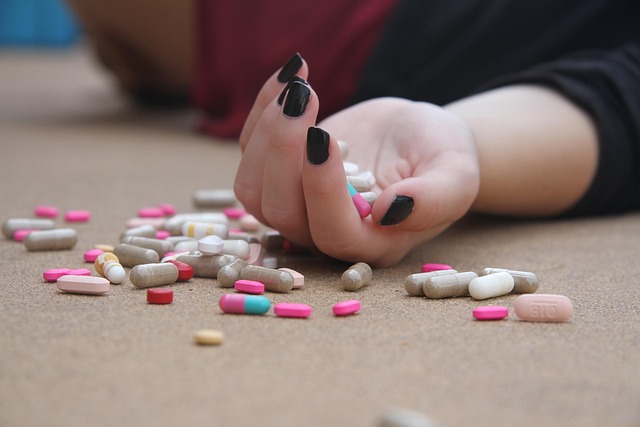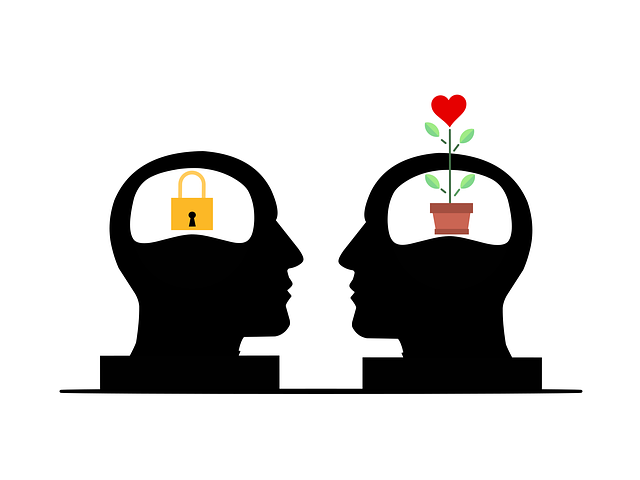Littleton ADD-ADHD Therapy offers transformative self-care solutions for optimal mental well-being. By addressing core challenges like focus, organization, and emotional regulation, their personalized approach incorporates stress reduction, social skills training, and risk management planning. Regular physical activity, balanced diets, and mindfulness practices form the foundation, while building a supportive network empowers individuals to navigate daily life with enhanced resilience and self-worth.
In today’s fast-paced world, self-care practices are essential for maintaining mental health and overall wellbeing. This article explores the significance of self-care, offering practical strategies that can transform your life. From understanding its crucial role in mental health to tailored approaches like Littleton ADD-ADHD Therapy, you’ll discover how to enhance self-care routines. By implementing these techniques, you can achieve a harmonious balance, fostering improved mental clarity and resilience.
- Understanding Self-Care: Why It's Crucial for Mental Health
- Strategies for Effective Self-Care Practices
- Littleton ADD-ADHD Therapy: Enhancing Self-Care for Better Wellbeing
Understanding Self-Care: Why It's Crucial for Mental Health

Self-care is an essential practice that nourishes our mental health and overall well-being. It involves intentionally setting aside time and energy to prioritize our physical, emotional, and psychological needs. In today’s fast-paced world, where demands on our time and attention are constant, making self-care a non-negotiable part of our routine is more important than ever. This is especially true for individuals in Littleton ADD-ADHD Therapy who may face unique challenges related to focus, organization, and impulse control.
Effective self-care practices go beyond simply taking breaks or engaging in enjoyable activities. It requires understanding one’s triggers, setting boundaries, and adopting strategies that promote a sense of calm and resilience. For example, Social Skills Training can be a powerful tool to enhance interactions and build healthy relationships, which are vital components of mental health support networks. Additionally, Risk Management Planning for Mental Health Professionals is crucial in ensuring practitioners prioritize their well-being while managing high-stress work environments. By integrating self-care into our daily lives, we can reduce the impact of mental illness stigma and foster a more supportive and understanding community.
Strategies for Effective Self-Care Practices

Incorporating effective self-care practices is a transformative journey that can significantly enhance overall well-being. At Littleton ADD-ADHD Therapy, we emphasize the importance of finding personalized strategies tailored to individual needs. Start by identifying your unique triggers and stress factors—whether work pressures, personal relationships, or internalized beliefs. Once recognized, prioritize setting boundaries; learn to say no when necessary to protect your mental health awareness and emotional intelligence. Engaging in regular physical activity, maintaining a balanced diet, and ensuring sufficient sleep are fundamental pillars of self-care. These lifestyle changes not only support physical health but also contribute to improved self-esteem improvement and overall resilience.
Explore activities that nurture your mind and soul, such as meditation, journaling, or creative pursuits. These practices foster emotional regulation and enhance mental clarity. Cultivating a supportive social network is equally vital; connect with like-minded individuals who encourage and uplift you. Remember, effective self-care isn’t about treating symptoms but empowering yourself to lead a fulfilling life. By integrating these strategies into your routine, you can take control of your mental health journey and cultivate a profound sense of self-worth.
Littleton ADD-ADHD Therapy: Enhancing Self-Care for Better Wellbeing

Littleton ADD-ADHD Therapy plays a pivotal role in empowering individuals to enhance their self-care practices and achieve better overall wellbeing. Through specialized treatment, therapists help clients develop effective strategies to manage symptoms associated with Attention Deficit Disorder (ADD) or Attention Deficit Hyperactivity Disorder (ADHD). This personalized approach addresses core issues, promoting improved focus, organization, and emotional regulation—all of which are crucial for fostering healthy self-care habits.
One aspect of Littleton ADD-ADHD Therapy focuses on stress reduction methods tailored to the unique needs of each individual. By teaching practical conflict resolution techniques and anxiety relief strategies, therapists enable clients to navigate daily challenges more effectively. These skills not only enhance overall resilience but also allow individuals to prioritize their mental health and well-being, ensuring a more balanced and fulfilling life.
Self-care is not a luxury but a necessity for maintaining optimal mental health, as highlighted by Littleton ADD-ADHD Therapy. By understanding the importance of self-care and implementing effective strategies, individuals can significantly enhance their overall wellbeing. Incorporating practices such as mindfulness, regular exercise, and quality sleep into daily routines can make a world of difference in managing stress and improving mental clarity. For those seeking guidance, Littleton ADD-ADHD Therapy offers valuable insights and support to cultivate a healthier, more balanced lifestyle.
